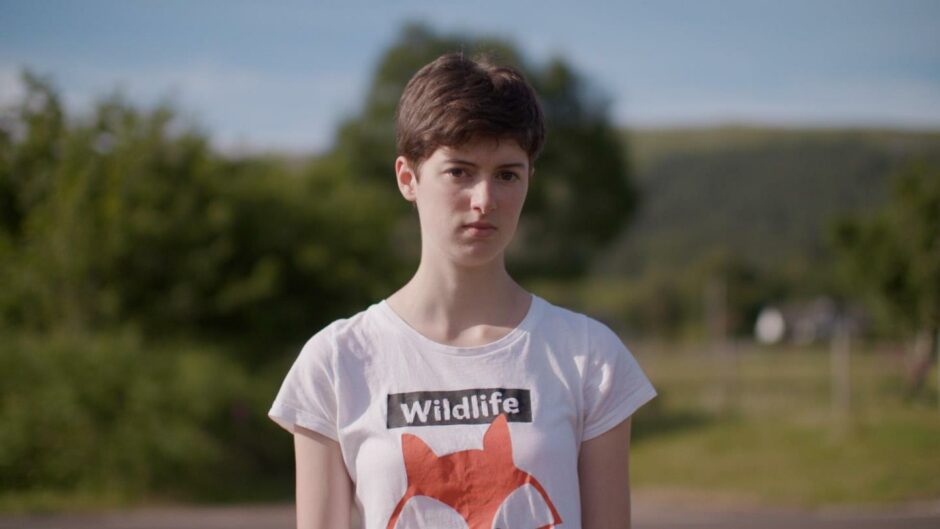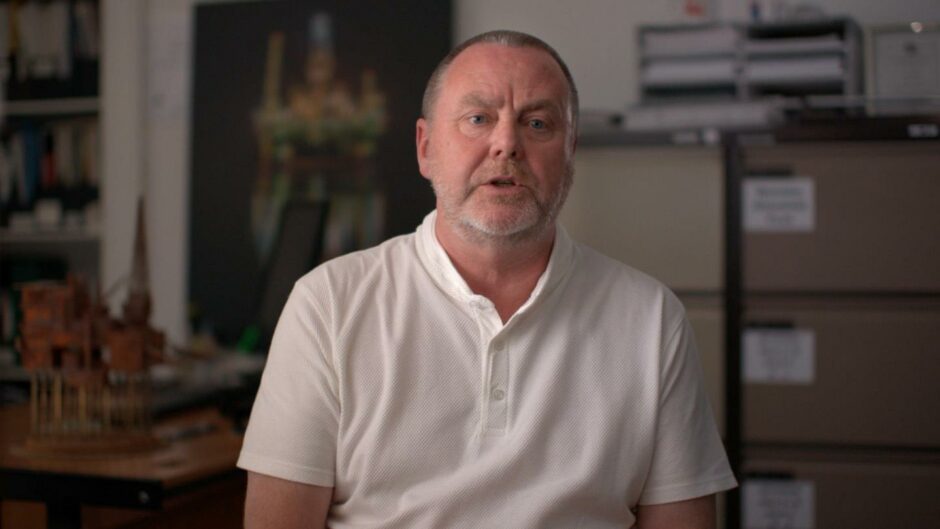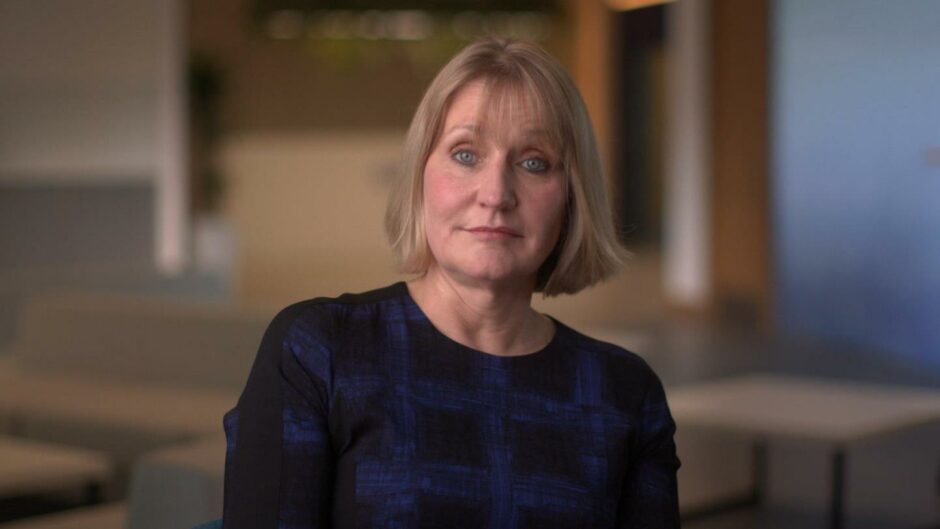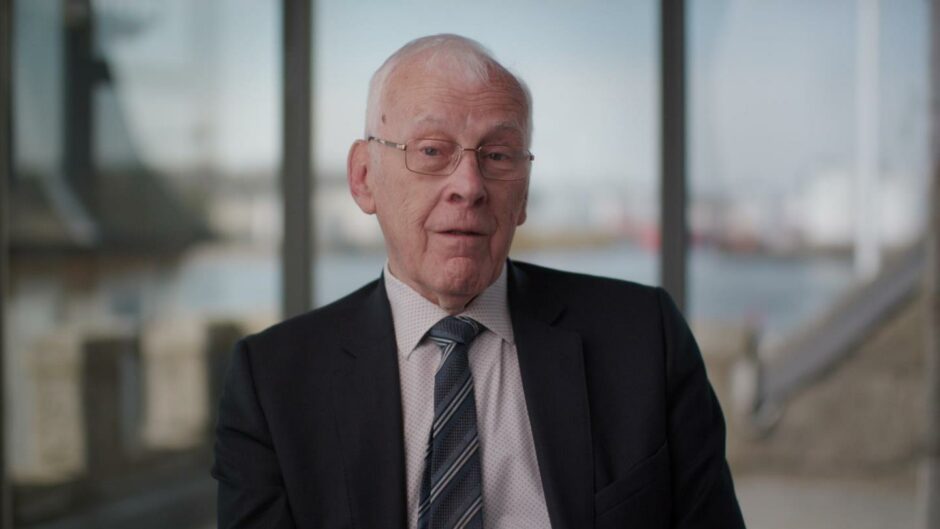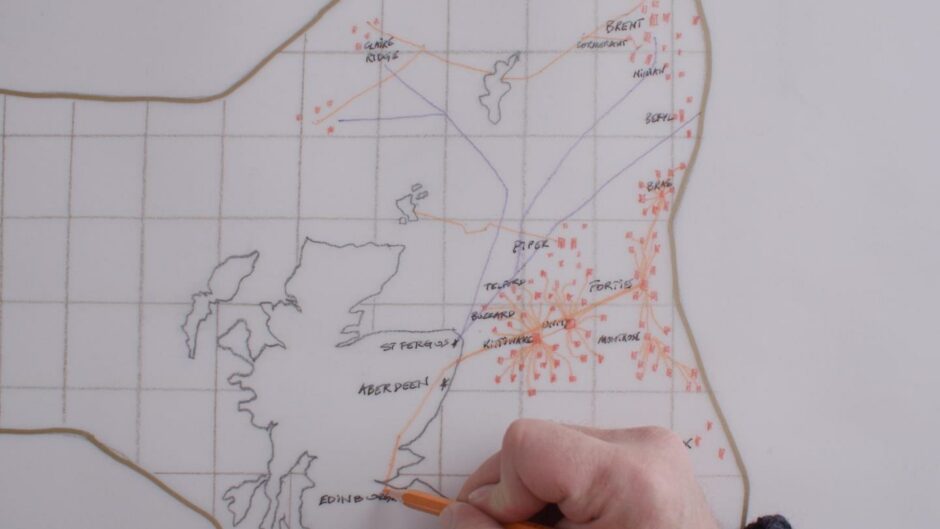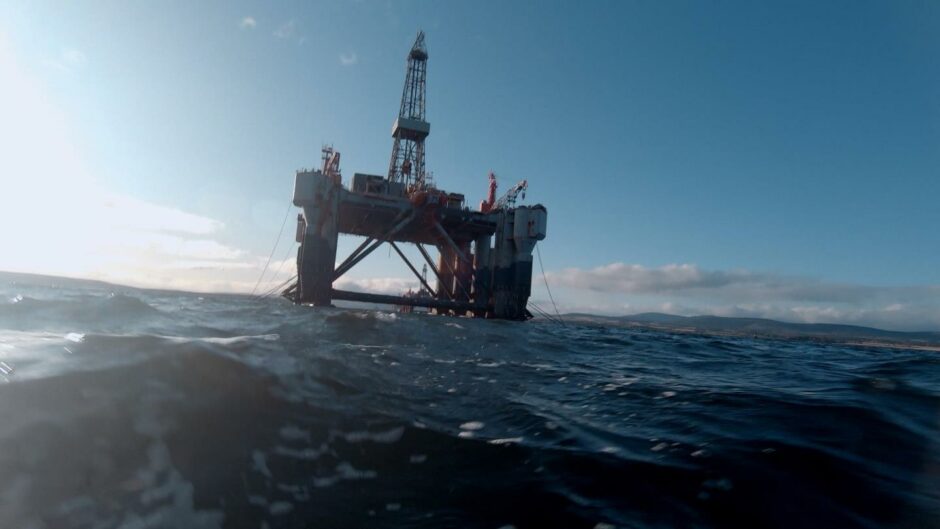
A new BBC documentary is to be aired exploring how the “drama of global climate action is playing out in the fight over North Sea oil”.
The film, titled “Black Black Oil”, draws on the voices of young climate activists, oil company executives including BP’s Emeka Emembolu and Sir Ian Wood, and others to discuss the interconnection between oil, finance and the challenges to keep the UK in line with Paris Climate Goals.
Produced by the team behind “I am Breathing”, a 2012 documentary on Motor Neurone Disease, Black Black Oil will air on the BBC Scotland channel at 10pm on Wednesday November 3.
Director Emma Davie described North Sea oil as the “elephant in the room” in terms of Scottish and UK climate aspirations, and said the film would look at the complexities of society’s reliance on fossil fuels and how quickly the country can transition.
“We wanted to bring together disparate voices involved in the interlinking worlds of oil, finance, activism who would normally never dialogue together.
“We sought to express an emotional as well as analytical look at where we are at with North Sea Oil – it seems incredible that in 50 years so much has changed. The changes coming are, of course, even more radical and we wanted to understand how they might be implemented in the complex world of oil.”
Voices including Holly Gillibrand, dubbed “Scotland’s Greta”, Emeka Emembolu of BP North Sea, RMT regional organiser Jake Molloy, climate lawyer Tessa Khan, Deirdre Michie of Oil and Gas UK, and many more will be heard on the programme.
Deirdre Michie, CEO of OGUK, said: “People absolutely are very concerned about climate change, as we are, as a sector, but if we knee jerk one way or the other, I think what will happen is we will see people losing their jobs, we will see communities being left behind. And that’s not what we think we should be working towards as a sector.”
The documentary is part of BBC Scotland’s programming ahead of the COP26 conference in Glasgow.
Producer Sonja Henrici added: “In this pivotal year, with COP26 taking place in Glasgow, and so much pressure to shift things, we wanted to make a film which really was a ‘state of the nation’ work, from many different perspectives on the subject.
“We were not seeking easy answers, but felt that the problems need to be clearly named and explored for us to move forward. By hearing very different opinions about the future of North Sea Oil, we hope to look at the real complexities of transitioning from oil as a society.”
Recommended for you


